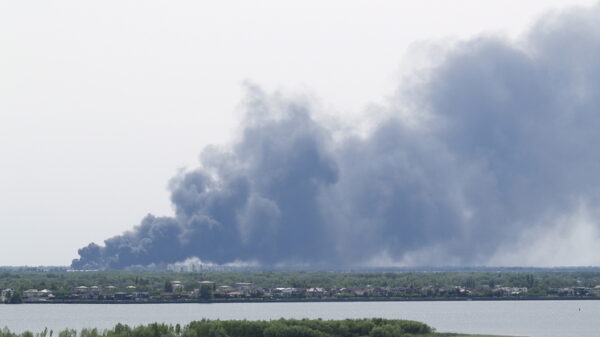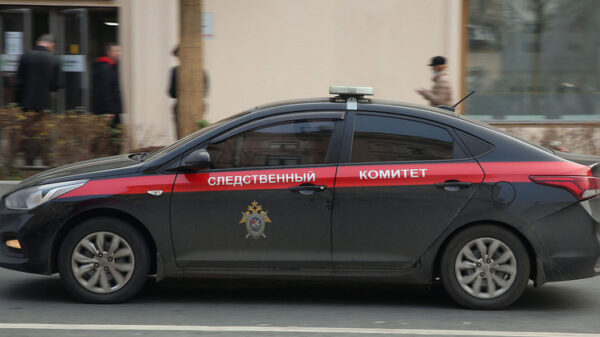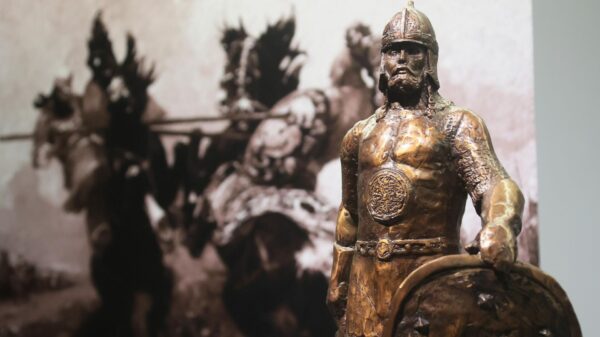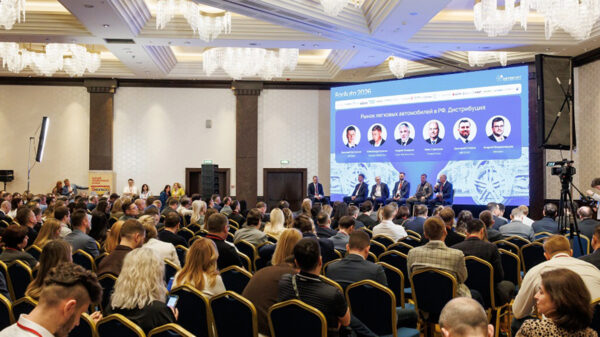 The removal of Gabonese President Ali Bongo Ondimba is the ninth such military takeover in Central and West Africa since 2020. Photo: STR/EPA-EFE/SHUTTERSTOCK
The removal of Gabonese President Ali Bongo Ondimba is the ninth such military takeover in Central and West Africa since 2020. Photo: STR/EPA-EFE/SHUTTERSTOCK
Common. Bryce Oliga Nguema's coup against Gabonese President Ali Bongo Ondimba is a spectacular act of betrayal. Nguema not only commands the Republican Guard responsible for Bongo's security, but is also the President's cousin.
It is also the ninth such seizure of military power in Central and West Africa since 2020, a dramatic increase from recent events. decades, leading some observers to wonder if years of democratic progress will not be reversed.
The list is already long:
In August 2020, a group of colonels ousted Malian President Ibrahim Boubacar Keita and appointed Bach Ndau, a former military officer. Nine months later, in May 2021, the same colonels overthrew Ndau and assumed direct power.
In neighboring Chad, Mahamat Deby Itno dissolved parliament after his father, President Idrais Deby, was assassinated in fighting rebels in 2021.
In September 2021, the colonel, commander of the Guinean special forces, overthrew the country's president, Alpha Conde. the first democratically elected head of state.
In October of that year, General Abdel Fattah al-Burhan, head of the Sudanese army, overthrew the nascent transitional government and restored full military rule to the country.
In January 2022, army officer Paul-Henri Sandaogo Damiba overthrew the President of Burkina Faso, Roch Marc Christian Kabore. Army Captain Ibrahim Traore ousted Damiba in a second coup d'état a few months later, in September.
Mohamed Bazum, President of Niger, was ousted last month and, like President Bongo in Gabon, he was the victim of his own presidential board. security guard.
 Experts say the cause of the Gabon coup is a reaction to a «democracy deficit». Photo: STRINGER/REUTERS «Not all coups are the same»
Experts say the cause of the Gabon coup is a reaction to a «democracy deficit». Photo: STRINGER/REUTERS «Not all coups are the same»
Many of these incidents are concentrated in the Sahel region, which has been hit hard by climate change and Islamist uprisings. Most of them are in the former French colonies.
This is a region where Russia and its Wagner group are diligently fomenting anti-Western and especially anti-French sentiment, although there is little evidence of their direct involvement in the plots.
However, «not all coups are the same,» says Alex Vines, director of the African program at Chatham House. “Drivers are different in different countries. You can't just put them in one basket.”
The upheavals in the Sahelian countries — Mali, Burkina Faso and Niger — were largely fueled by frustration with the deteriorating security situation. Wagner forces were present in all three.
Ironically, Western military aid may also have contributed indirectly. One of the unforeseen consequences of security interventions in this part of the world has been to make the national armed forces relatively functional institutions compared to other parts of the government.
In Gabon and Guinea, the question is rather what Mr. Vines calls it is a «democracy deficit». Both countries were ruled by elderly presidents seeking a third term who didn't want to let go.
In Guinea and Gabon, it's a reaction to frustration over a lack of democracy and bad elections. In Guinea, the manipulation of the constitution, sham elections.
“What we have just seen in Gabon is a response to elections without international observers, where the Internet was turned off, there was a curfew. and the electoral process has been changed.»
 Gabonese soldiers announced on television that they were «putting an end to the current regime»' and cancellation of elections Photo: GABON 24/AFP
Gabonese soldiers announced on television that they were «putting an end to the current regime»' and cancellation of elections Photo: GABON 24/AFP
Reactions also vary widely. The African Union did not even qualify Mr. Deby Itno's coup in Chad as a coup.
On the contrary, the Economic Community of West African States (ECOWAS), a regional bloc led by Nigeria, has threatened military intervention if civilian rule in Niger is not restored.
The ferocity of this reaction may be due to the feeling that there was too much for one coup, and the line needs to be drawn.
Power Seizure Formula
Typically, coup leaders arrest incumbent presidents, declare a «transitional period» for a return to civilian rule, and consolidate their power to ensure control over the outcome of a possible election.
ECOWAS is well aware of this. playing a book, so they rejected the Niger junta's proposal for a three-year transition period.A junta delegation in Guinea made a presentation on Wednesday at Chatham House, Britain's main foreign policy center. think tank that they do have a clear roadmap for rebuilding democratic institutions.
In both cases, it would be a mistake to assume that they are unpopular. Coup d'état leaders often take advantage of a society that sees military intervention as a response to growing elite instability or inflexibility. They rarely live up to such expectations.
A United Nations Development Program survey of 8,000 African citizens affected by coups this year found that juntas generally do not improve security, most people would prefer democracy, and that civilian supporters often end up feeling remorseful among buyers.
























































Свежие комментарии